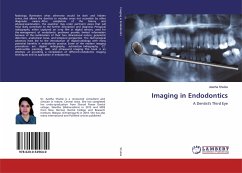
Broschiertes Buch
A Dentist's Third Eye
8. Januar 2020
LAP Lambert Academic Publishing

3,99 €
Sofort per Download lieferbar
Ähnliche Artikel
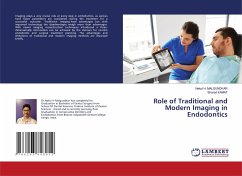
Broschiertes Buch
20. April 2021
LAP Lambert Academic Publishing
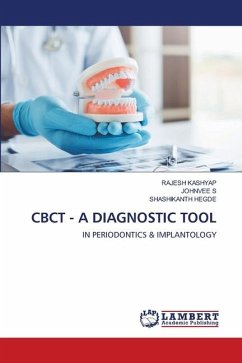
Broschiertes Buch
IN PERIODONTICS & IMPLANTOLOGY
17. Februar 2024
LAP Lambert Academic Publishing

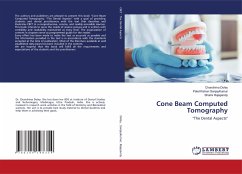
Broschiertes Buch
"The Dental Aspects"
10. August 2021
LAP Lambert Academic Publishing
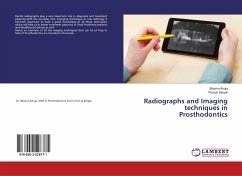
Broschiertes Buch
21. April 2020
LAP Lambert Academic Publishing

Broschiertes Buch
7. Mai 2018
LAP Lambert Academic Publishing
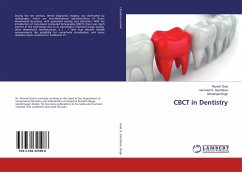
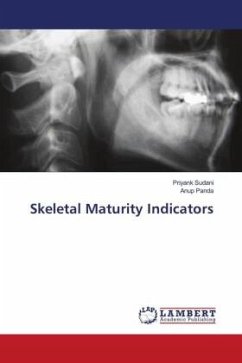
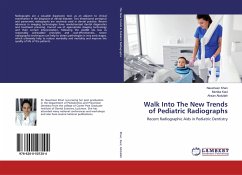
Broschiertes Buch
Recent Radiographic Aids in Pediatric Dentistry
7. Januar 2020
LAP Lambert Academic Publishing
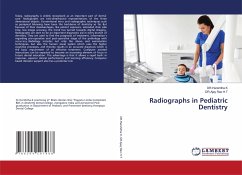
Ähnlichkeitssuche: Fact®Finder von OMIKRON
